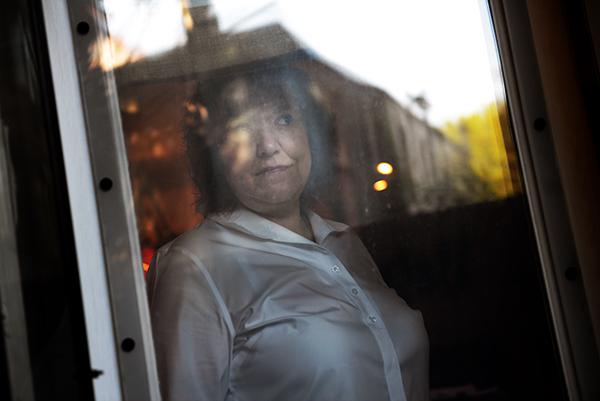Foggy Bottom neighbors are going on patrol.
Members of the Foggy Bottom Residents Alliance say they plan to take walks through the neighborhood to report townhouses that violate D.C.’s post-10 p.m. quiet hours.
The move comes after long-time Foggy Bottom resident Ken Durham said he found a loophole in GW’s new off-campus policies: If D.C. police break up a party and the University isn’t notified, students won’t face disciplinary action.
“Many times, the resident will only call the police, and the University doesn’t know about it, and the education can’t happen,” he said.
Marina Streznewski, president of the community organization the Foggy Bottom Association, said the patrols will help residents who are too intimidated to call an anonymous hotline.
“There are a lot of older people that, to be completely blunt about it, are afraid of students,” she said. “So it’s a way to help out their older neighbors.”
The walks, which will cover a two-by-three block area, will take place on weekend nights. About seven residents have signed up to patrol the streets, Streznewski said.
She said the walks are meant to be “low key,” and that she doesn’t want students to think they will worsen neighborhood tension.
“There’s a potential for that, if people doing the patrols are obnoxious or nasty, but we’re not trying to do that,” Streznewski said.
Noise and trash violations have strained relations between GW and Foggy Bottom residents for years. In August, the University formalized punishments for disruptive off-campus behavior. The sanctions, which escalate to suspension, give students fewer free passes for violating the Code of Student Conduct.
GW has tried to prevent behavioral issues through educational measures, releasing a guide for living off campus in 2012, while officials have reached out to neighbors through community listservs and meetings. Last spring, University President Steven Knapp met with Foggy Bottom neighbors to respond to their complaints.
Britany Waddell, the University’s director of community relations, said officials are “continually” meeting with neighbors and students who live off campus, including the Foggy Bottom Residents Alliance.
“We will continue to work in partnership with neighbors to address any concerns they may have and are committed to our students being valued members of the Foggy Bottom/West End community,” she said in an email.
Durham said he’d like GW to adopt Georgetown University’s model for working with students who live off campus. Georgetown staff members walk through the neighborhood during the weekend, talking with students and reporting noisy parties, Durham said.
“We don’t mind students here. We have 50 townhouses, and maybe only six or eight do the parties,” he said. “But it’s a residential area, and you don’t go to the Kennedy Center and shout and yell and curse. You don’t go to a residential area and do the same thing.”








